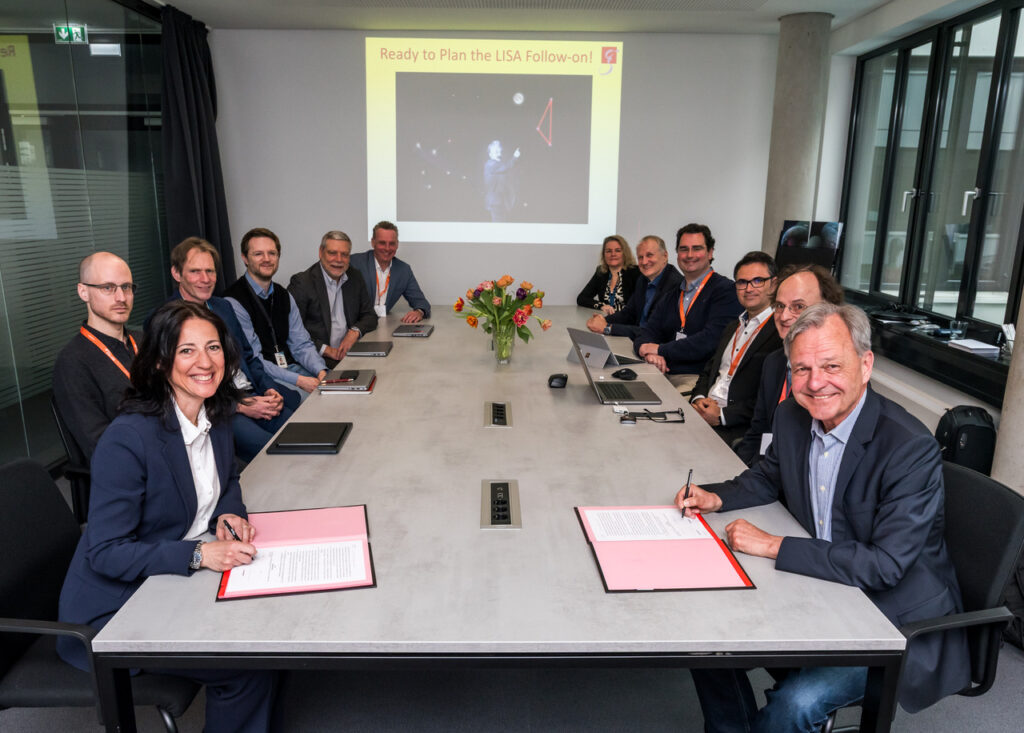Astrophysics has finally entered a new era, transitioning from the multi-wavelength observation approach of the 20th century to the era of multi-messenger observations. The discovery of the binary neutron star merger event GW170817 in 2017 marked the beginning of this shift, as it was first detected through a gravitational wave and gamma-ray burst, followed by electromagnetic counterparts observed across various wavelengths, including X-ray, optical, infrared, and radio. In addition to gravitational waves, significant advancements have also been made in other multi-messenger signals, such as high-energy neutrinos and high-energy gamma rays. Traditional X-ray, optical, infrared, and radio observations are not only achieving higher sensitivities but are also making great strides in discovery science through time-domain astronomy, focusing on transient events.
The progress in multi-messenger astrophysics is unveiling the dynamic universe shaped by the evolution to black holes. Long-standing fundamental questions — such as the evolution of stars and galaxies, the mechanisms behind jet and particle acceleration, and the origin of elements — are seeing substantial advancements. At the same time, new mysteries are emerging as we deepen our understanding of the final fate of gravitational energy. These developments are also driving progress in cosmology and fundamental physics.
In this long-term workshop, we invite leading researchers from around the world to engage in in-depth discussions on the following key topics in astrophysics.
Compact star mergers and gravitational waves
Gamma-ray bursts, supernovae and kilonovae
Supermassive black holes, tidal disruption events and QPEs
High-energy gamma-rays and neutrinos
Fast radio bursts and magnetars
Origin of binary black holes and neutron stars
Population III stars and galaxies
Related topics
During the workshop, participants stay at YITP with desks and other facilities. They can engage in extensive discussions with fellow participants in the relaxed atmosphere of Kyoto.
Schedule & Venue
Start: January 26 Close: February 27, 2026
Panasonic Auditorium, Yukawa Hall, Yukawa Institute for Theoretical Physics, Kyoto University, Kyoto, Japan
Invited Speakers
(* to be confirmed)
1st week (Jan. 26-30: GRB, Magnetar, FRB)
*Jonathan Granot (ARCO)
Gavin P. Lamb (Liverpool John Moores)
, and more.
2nd week (Feb. 2-6: Frontier in computational relativistic astrophysics and its applications)
Workshop days: Feb. 4-6 or 5-6
*Migual Angel Aloy (Valencia)
Tim Dietrich (Potsdam/AEI)
Oliver Just (GSI)
Elias Most (Caltech)
Albino Perego (Trento)
David Radice (Penn State)
Irene Tamborra (NBI)
Meng-Ru Wu (Academia Sinica, Taiwan)
, and more.
3rd week (Feb. 9-13: YKIS2026a)
Almudena Arcones (TU Darmstadt)
Zhen Cao (IHEP)
Kareem J. El-Badry (Caltech)
Anna Y.Q. Ho (Cornell)
*Erin Kara (MIT)
Victoria Kaspi (McGill)
Ilya Mandel (Monash)
*Raffaella Margutti (UC Berkeley)
Ehud Nakar (Tel Aviv)
Smadar Naoz (UCLA)
Anatoly Spitkovsky (Princeton)
Todd A. Thompson (Ohio)
Salvatore Vitale (MIT)
Eli Waxman (Weizmann)
Shigeru Yoshida (Chiba)
Weimin Yuan (NAOC)
Bing Zhang (UNLV)
, and more.
4th week (Feb. 16-20: Transient astronomy and cosmology)
5th week (Feb. 24-27: SMBH, TDE, Gamma-ray, Neutrino)
*Ke Fang (Wisconsin-Madison)
Organizers
Scientific advisory committee
Almudena Arcones (TU Darmstadt), Selma E. de Mink (MPA), Kenta Hotokezaka (U. Tokyo), Kunihito Ioka (YITP, chair), Raffaella Margutti (UC Berkeley), Kohta Murase (Penn State/YITP), Smadar Naoz (UCLA), Masaru Shibata (AEI/YITP), Anatoly Spitkovsky (Princeton), Masaomi Tanaka (Tohoku), Takahiro Tanaka (Kyoto), Todd A. Thompson (Ohio), Eli Waxman (Weizmann), Bing Zhang (UNLV)
Local organizing committee
Katsuki Aoki (YITP), Antonio De Felice (YITP), Sho Fujibayashi (Tohoku), Takashi Hosokawa (Kyoto), Kenta Hotokezaka (U. Tokyo), Kunihito Ioka (YITP, chair), Masanori Iwamoto (YITP), Shoma Kamijima (YITP), Kazumi Kashiyama (Tohoku), Kenta Kiuchi (AEI), Riku Kuze (YITP), Keiichi Maeda (Kyoto), Tatsuya Matsumoto (Kyoto), Shinji Mukohyama (YITP), Kohta Murase (Penn State), Atsushi Naruko (Gunma College), Yoko Oya (YITP), Yu-ichiro Sekiguchi (Toho), Masaru Shibata (AEI/YITP), Kaoru Sugimoto (YITP), Yuki Takei (YITP), Atsushi Taruya (YITP)
Long-term Workshop Website
